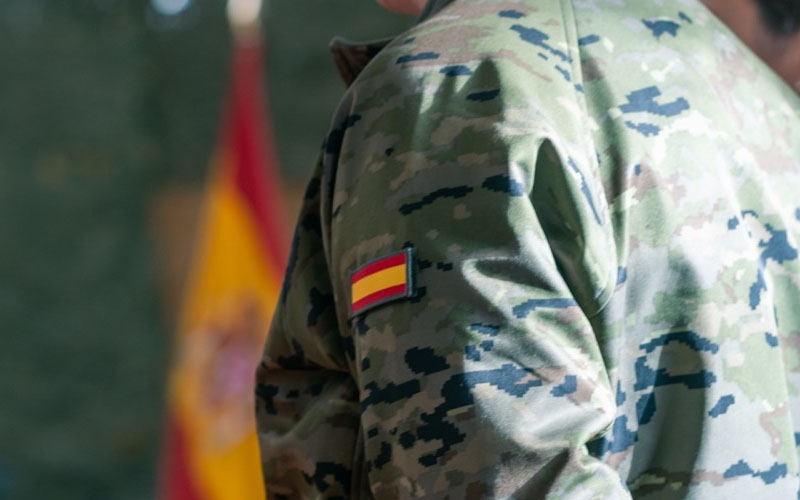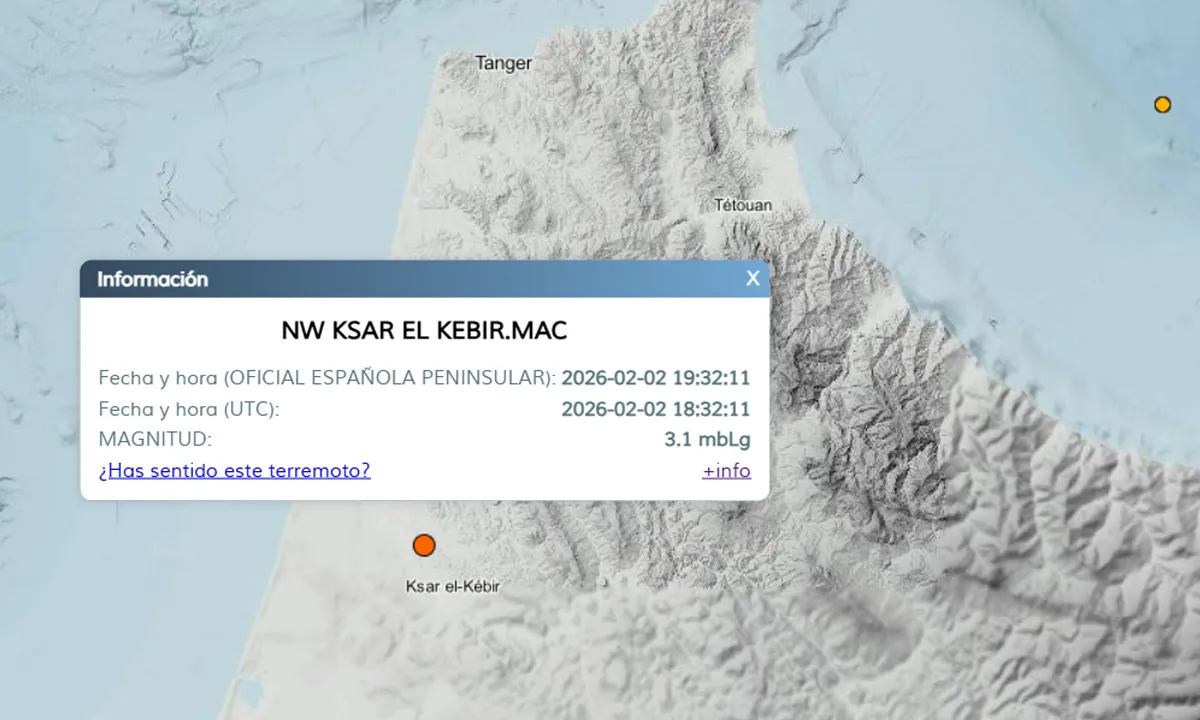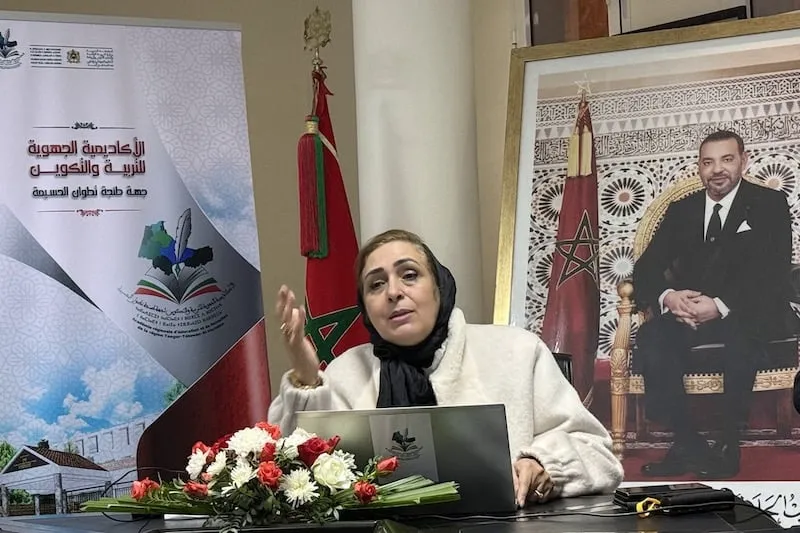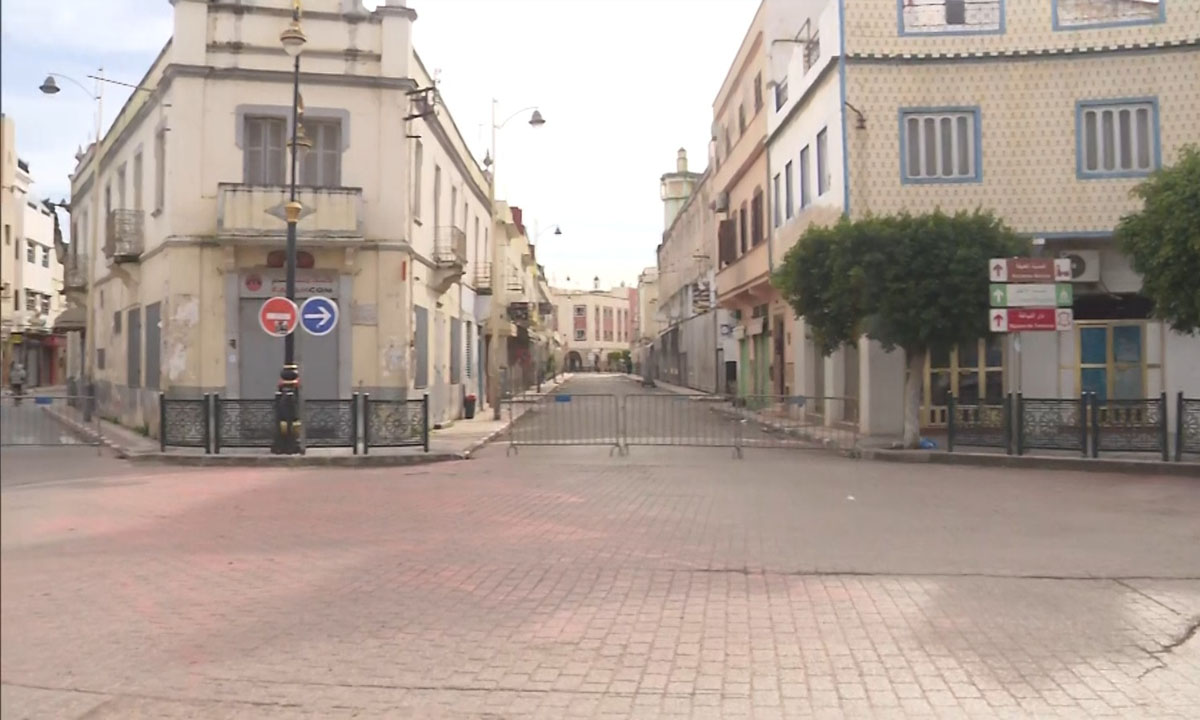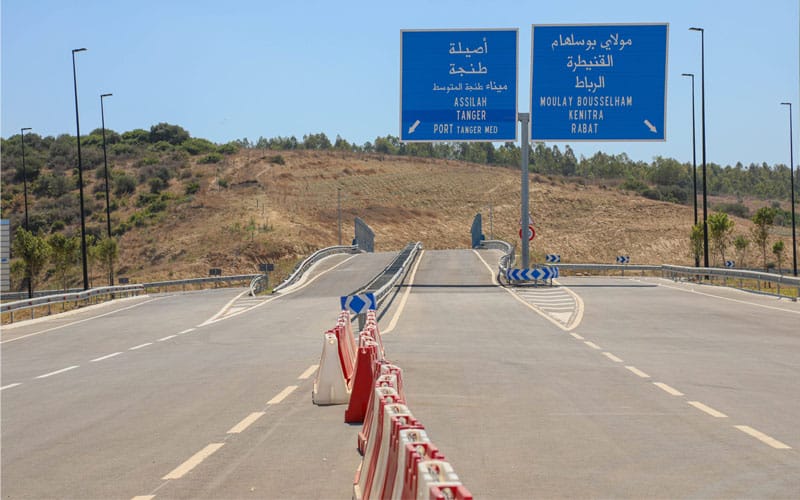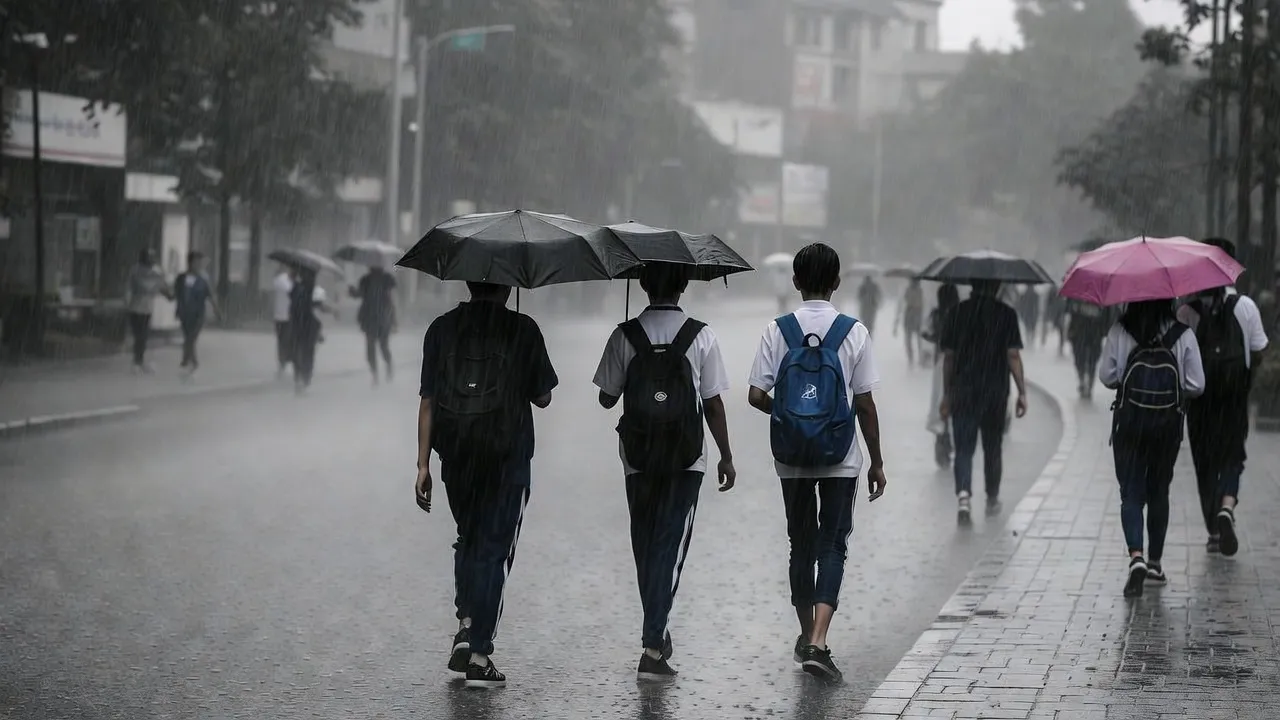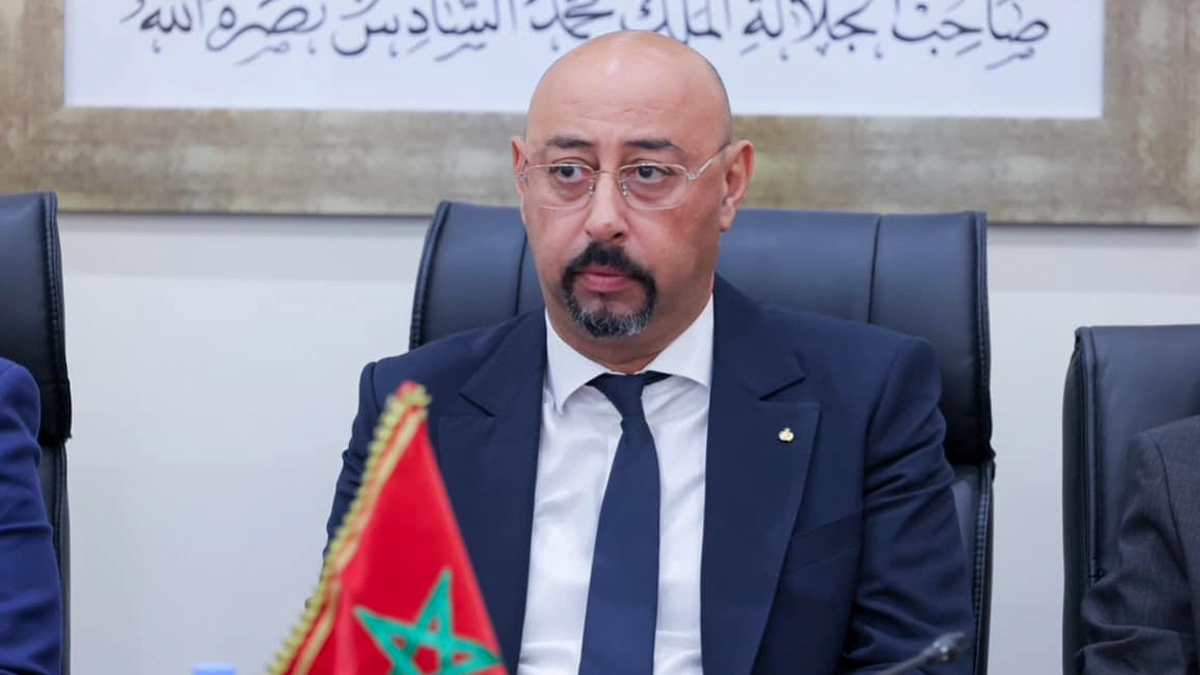A leader in the Spanish Army has warned of a hybrid war being waged by Morocco. Emilio José Arias Otero criticized the approach taken by the Madrid government in its relations with Morocco, cautioning against the repeated concessions that Spain is making “without any clear return.” He emphasized that these actions pose serious risks to the country’s sovereignty and national security.
Morocco Pressures… Spain Only Reacts
In an analysis published by the Higher Center for National Defense Studies in Spain (Ceseden), Otero, an analyst in the Strategic Planning Department of the Spanish General Staff, pointed out that Morocco is executing a systematic pressure strategy against Ceuta and Melilla. This strategy employs non-military tools, including economics, migration, diplomacy, and technology, referred to as the “gray zone” or hybrid warfare.
Despite this, the military leader believes that Spain’s response remains limited to reactive and weak measures, lacking a clear deterrent strategy.
He noted that “the increase in Moroccan military spending should prompt Spain to double its efforts to strengthen its armed forces,” referencing the escalating arms race in the region.
Unequal Arms Race
According to the Ceseden analysis, covered by Spanish media, Morocco has engaged in unprecedented modernization of its armed forces over the last decade, acquiring drones, air defense systems, and advanced naval frigates with support from the United States, France, and Israel. The report warns that the Spanish military could lose its qualitative edge if it continues on this “reactive” path.
Arias stated, “If Morocco achieves military superiority, it may find itself in a stronger negotiating position, making it difficult for Madrid to defend its sovereignty over Ceuta and Melilla.” He emphasized that successful deterrence can only be based on coordinated military and diplomatic superiority.
Official Silence
Since the beginning of the millennium, various Spanish national security strategies have overlooked explicit references to Moroccan demands regarding the two occupied cities. The 2000 Defense White Paper and the National Security Strategy (2011 and 2013) made no mention of Ceuta and Melilla, or Moroccan threats. Even after the migration crisis in May 2021, the Spanish government refrained from naming Morocco in its updated security strategy.
Arias describes this “institutional silence” as a weakening of Spanish deterrence and asserts that the failure to identify real threats “undermines credibility and feeds Morocco’s belief in the possibility of escalation without real consequences.”
“Concessions Without Return”… A Recipe for Threats
The report criticizes the controversial decision made by Prime Minister Pedro Sánchez’s government to support Morocco’s initiative for autonomy in Western Sahara without any clear return for Spain. This stance is described as “closer to a policy of appeasement,” warning that concessions made without reciprocal gains encourage the other party to expand its demands.
Arias wrote, “When we do not know where the aggressor stops and do not define the limits of concession, we have entered a dangerous cycle of submission.”
Diplomacy… An Ineffective Weapon
Although Madrid relies on diplomacy as a primary means to contain tensions with Rabat, the Spanish military leader believes this option has proven limited. He pointed to successive diplomatic crises between the two countries without a unified Spanish strategy, such as the 2002 crisis over Perejil Island, the Spanish king’s visit to Ceuta and Melilla in 2007, the fishing agreements crisis, and the situation with Algeria following Madrid’s shift on the Western Sahara issue.
“Gray Zone”: A Calculated Moroccan Tactic
The report thoroughly details Moroccan pressure tactics, asserting they include weaponizing migration, as occurred in May 2021, closing trade borders with Melilla in 2018, cyber espionage, and linking economic cooperation to international support for the autonomy initiative.
Does NATO Protect Ceuta and Melilla?
Arias warns that the two cities do not have automatic protection under Article 5 of the NATO treaty, which stipulates collective defense in case of war. The most Spain can do in the event of an attack is invoke Article 4, calling for consultations, as happened during the Perejil crisis, where the United States played a mediating role while no NATO member state intervened militarily.
The report concludes that “deterrence through allies” is only partially effective and cannot be relied upon as the sole means to deter Morocco.
Arias Otero’s Recommendations
Arias Otero concludes his analysis with several urgent recommendations, including immediate enhancement of Spanish military capabilities, adopting a clear and unified diplomatic strategy towards Moroccan demands, coordinated responses to hybrid tactics, and achieving strategic autonomy without over-reliance on allies.
He warns that Morocco will continue to operate in the “gray zone” to achieve maximum gains at minimal cost without getting dragged into direct military conflict.
He emphasized that “developing effective deterrence strategies is a top national priority. The state must demonstrate readiness to protect its interests and recognize that adversaries are testing its political will before its military strength.”




